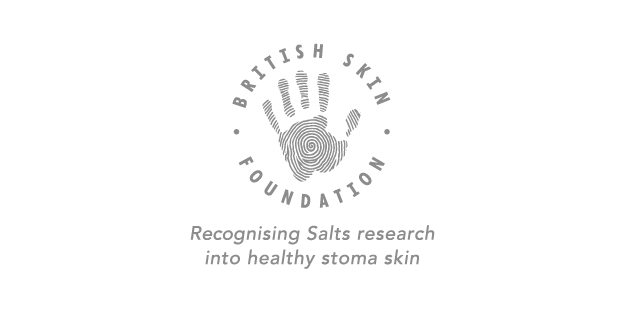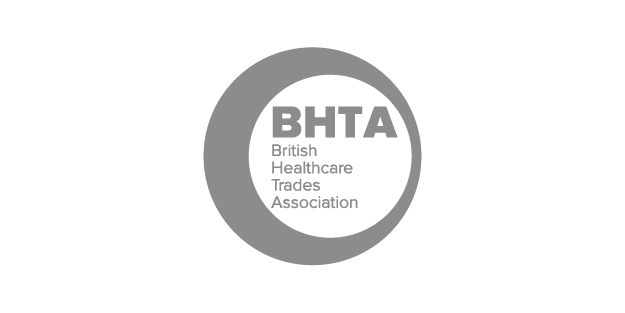
What’s new?
Keep an eye on our news feed where we’ll publish everything that’s happening in the world of stoma care.

Happy Hormones and how your patients can boost them
Happy Hormones and how your patients can boost them
By Nicki Williams, Founder of Happy Hormones for Life, and Ben Rennison, Clinical Education Nurse Specialist at Salts Healthcare
Hormones are chemical messengers that tell every cell in our body what to do and how to function. Out of the 100 or so hormones, there are some that can really affect our mood and happiness. Termed ‘happy hormones’, these hormones can be boosted through our diet, lifestyle and behaviours. Here you can read more about those hormones, how they can be affected and increased, as well as some advice you may find useful for your patients.
Watch the full webinar on happy hormones here!
Serotonin: the ‘feel good’ hormone
Helps regulate mood, sleep, digestion and promotes feelings of happiness and well-being.
How to boost serotonin:
- Daylight: get outside if you can, but even opening a window on to your face will help.
- Exercise: go for a walk in nature if you can. Take regular breaks from sitting.
- Diet: encourage patients to include foods rich in tryptophan (e.g. turkey, eggs, cheese) in their diet, which can help boost serotonin levels and improve mood and digestion.
Oxytocin: the ‘love’ hormone
Helps promote feelings of connection, trust and emotional bonding.
How to boost oxytocin:
- Connection: spend quality time with loved ones, friends or pets
- Physical touch: hugs, massages, holding hands, even stroking your pet can increase oxytocin
- Facilitate Social Support: encourage patients to participate in support groups, particularly if they have no family network. These interactions can help boost oxytocin levels, promoting feelings of trust and emotional bonding, which are crucial for emotional well-being.
Endorphins: ‘natural pain killers’
The body’s natural painkillers and mood boosters.
How to boost endorphins:
- Exercise: any physical activity can trigger endorphins. For some this could be gym training, exercise classes, swimming or cycling. For others, encourage gentle or light activities such as short walks or stretching. This can also help to manage pain as well as improving mood.
- Laughter: spend time with people who make you laugh or watch a great comedy on TV
Dopamine: the ‘reward’ hormone
Responsible for motivation, focus and feelings of pleasure.
- Goals: work with patients to set small, manageable goals in their stoma care routine. Celebrating these small successes can help increase dopamine levels, keeping patients motivated and engaged in their care. Achieving goals will trigger dopamine release.
- Practise gratitude: reflecting on things you’re grateful for can naturally boost dopamine levels.
Thyroid: the ‘energy’ hormone
Regulates metabolism, energy levels, mood and overall health and happiness.
- Diet: eat plenty of nutrient-dense foods including protein, healthy fats and whole foods.
- Manage stress: schedule in daily relaxation time, such as reading a book, taking a bath or meditation for example.
- Education and understanding: educating patients about the importance of thyroid health and its impact on metabolism can help them manage their energy levels and overall well-being. Encourage practices like meditation, yoga, or deep-breathing exercises to help reduce stress levels, which in turn can support healthy thyroid function.
Melatonin: the ‘sleep’ hormone
Responsible for regulating sleep-wake cycles and crucial for getting restful sleep.
- Sleep in the dark: get rid of artificial light in your bedroom that can inhibit the production of melatonin.
- Consistent routine: go to sleep and wake up at the same time to regulate your sleep-wake cycle.
Education: remind patients that the melatonin production is also essential for their overall recovery. So creating a dark and quiet sleeping environment is very important.







